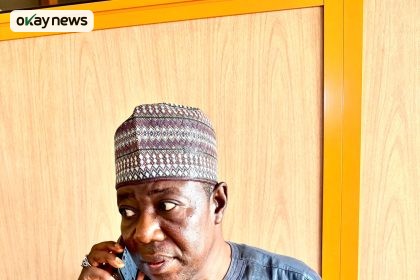Nigerian industrialist Aliko Dangote has said the country will no longer depend on imported goods.
Dangote stated this at a public conversation conducted by Financial Times’ editor in chief Lionel Barber in the presence of Nigeria’s vice-president Professor Yemi Osingajo, Congolese presidential hopeful Moise Katumbi, and about 300 business leaders.
“Are we going to continue to import everything? Freight rates are now cheap but they will go up soon. A population of over 200 million cannot continue to import basic needs on a daily basis.
“We are not going to import anything any longer. In Nigeria we are learning how to produce the entire value chain,” he said.
According to Dangote, Nigeria, which was once a heavy importer of fertilizer, is now gearing up to produce 3 million tonnes of locally manufactured fertilizer, in what he said will transform the nation into one of the largest fertilizer exporters in Africa.
Dangote reminded the audience of business elites that in 2007 Nigeria was the second largest importer of cement after the US, and said “Today, we have not only satisfied domestic needs; we have become a leading exporter of 6-7 million tonnes of cement”.
Diversifying into agriculture, Dangote has eyes on the dairy industry motivated by the fact that “98% of all milk consumed in Nigeria is imported” (same for rice).
According to the business magnate, the Dangote Group has invested heavily in rice production by investing in local farmers and then offering to buy back the 1 million tonnes at open market prices that they are growing.
“Soon we will be able to feed not only Nigeria but the entire 320 million large West African market,” he said.
Mastering detailed production statistics and highly-compelling demographics on promising sectors of the African economy, Dangote outlined the key to his success.
He listed self-sufficiency and backward integration as manufacturing strategy that extracts value from entire processes.
By 2100 Dangote stated Africa will represent 49% of the world’s population, up from 30% today.
“If you don’t think big we won’t grow at all,” he said, adding “In Africa you have to play long-term”.
Aside from Nigeria, which African nations do you think are good growth opportunities? Barber asked Dangote.
“Aside from Nigeria?” the business leader repeated and smiled.
“I’d have to pick Nigeria. I am a big fan of Nigeria. We are only using 8% of our land,” he said.
It was the Financial Times’ 4th Annual Africa Summit in Claridges, London.




